Content Creator
Whether you gain or lose weight is not only determined by your calorie balance or sports routine, but by a combination of several factors. Some of these are genetic and cannot be influenced, others depend on your lifestyle and diet.
However, by choosing the right food you can control your hormone balance and thus you can influence your weight. Especially complex carbohydrates and a protein-rich diet have a positive effect on your weight. That’s why we also use a combination of fibres and proteins in our VERIVAL mueslis and porridges. So you can start the day in the best possible nutritional way.
Find out now which factors influence your weight and how you can use this knowledge to your advantage.
The calorie balance must be right
One of the most popular theories about our weight is the so-called calorie balance. The theory states: If you eat more calories than you burn, you will inevitably gain weight. This is called excess calories. The excess energy is stored in the form of fat.
If you burn more calories than you consume, this is called a calorie deficit. If this is the case, the body draws on fat reserves when burning energy and you lose weight.
In theory, this formula sounds simple. In practice, it is usually not so easy to implement. For example, you are still hungry even though you have already reached your total calorie intake, or a sudden attack of ravenous appetite overcomes you.
Our next factor, which also affects your weight, can help you a little:
Exercise burns excess calories…
Here we go a step further and distinguish first of all between the basal metabolic rate and the active metabolic rate.
Your basal metabolic rate determines how many calories your body needs at rest. This means that your body needs this energy for all vital functions. Most of this energy is used by our brain when it produces hormones and controls our organs.
On the other hand, the active metabolic rate determines how much additional energy you burn in everyday life. This is where sport comes into play, because it means that you can burn extra calories.
This does not mean, however, that exercise alone is enough to lose weight. Again, the calorie balance must be right: you need to consume fewer calories in total than you burn.
If you focus on strength training and building up muscles, you cannot only increase your active metabolic rate, but also your basal metabolic rate. Muscles burn extra calories even when resting.

How the metabolism affects our weight
Your metabolism is responsible for various processes in your body. It ensures that your cells are supplied with energy and keeps your body functions going. In short, metabolism is the process in the body that converts the food you eat into energy. In connection with metabolism is the basal metabolic rate, i.e. the amount of energy that is burned in a state of rest.
There can be several reasons for a slow metabolism and low basal metabolic rate. For example, it decreases with increasing age. This is partly due to the fact that with age the body reduces muscle mass and builds up fat mass. Since muscles burn more energy than fat, the basal metabolic rate decreases.
There are also differences between the sexes: since men usually have more muscle mass than women, they also burn more energy.
In addition, an unhealthy lifestyle can slow down the metabolism. People who follow a diet in which high amounts of sugar are contained, follow diets and fasts for long periods of time can be affected and may therefore find it difficult to lose weight.
Diets – sensible or nonsense?
It seems as if there is a new miracle diet every week that is supposed to help you to get rid of unwanted weight. It is difficult to keep track of all the different diets on offer. If you follow these fashionable diets, you should for example eat only half of what you normally eat, leave out carbohydrates altogether, only drink juices for 10 days or eat only grapefruit.
Many of these diets are very one-sided and characterized by an extreme calorie deficit. Due to this deficit, it is actually possible to loose weight in a short time. In the long term, however, this one-sided and low-calorie diet is bad for the metabolism and health.
As soon as you switch back to your usual diet, you will quickly regain the weight you lost. Sometimes you might even gain more weight than you had in the first place.
The reason for this is that these extreme diets cause our metabolism to switch to a survival mode. The body then runs in the so-called starvation response.
The risks of the starvation response
The starvation response is deeply rooted in us and has helped people in primeval times over longer periods of hunger.
It starts when you take in too few calories over a longer period of time to cover your basal metabolic rate. This is exactly what the above-mentioned diets focus on: an extreme calorie deficit.
As a result, the body reduces its calorie consumption to a minimum, for example by slowing down breathing and pulse and lowering the body temperature. This reduces the basal metabolic rate and you need less energy. So you could say that your body is running in energy-saving mode.
This can happen when diets or fasting periods last longer. If you suddenly change back to your usual diet after a starvation response, you will inevitably consume more calories than you need with your energy-saving basal metabolic rate. This way you quickly regain the weight you lost.
This can be avoided by slowly and gradually increasing your calorie intake again after a diet. In general, however, it is advisable to avoid extreme diets at all. Instead, it is better to eat a balanced diet in order to feel comfortable with your weight in the long term.
Calculate how many calories your body needs and cover your requirements with wholesome foods that will keep you full for a long time. These include whole grain products, fruit, vegetables and proteins such as pulses, dairy products, lean meat and fish. To lose a few kilos without getting into starvation response, it is best to eat not more than 500 kcal per day.

It is said that a total of 7000 kcal must be saved in order to lose 1 kg of fat. So if you stick to saving 300 to 500 kcal a day, you can lose 1 kg of fat in a healthy way in two to three weeks.
Hormones control our weight
Hormones are very important for regulating your weight. If they get out of balance, this can have an effect on your body weight.
Three of the most important hormones are:
- Insulin
- Ghrelin
- Cortisol
Insulin – lowers the blood sugar level
Insulin plays an essential role in your diet and for weight. After eating carbohydrate-containing foods, your blood sugar level rises. To bring it down again, your pancreas releases insulin. Increased insulin secretion causes you to build up fat. For this reason, it is important to keep your blood sugar level as constant as possible and not let it rise too high. This will also prevent too much insulin being released.
Ghrelin – regulates the appetite
Another hormone that affects your weight is ghrelin. It is produced in the stomach lining and regulates your appetite. The more ghrelin is secreted, the greater the appetite. Before eating, this hormone rises, and after eating it drops again. Studies show that protein-rich food lowers the ghrelin level the most.
Cortisol – the stress hormone
Cortisol is an important hormone that is released in increased quantities in stressful situations. As a result, the blood sugar level rises and you feel ravenous appetite. By eating small, healthy meals regularly, you can prevent ravenous appetite attacks in stressful working life.
How can you use this knowledge to your advantage? We have collected some tips for you so that you can consciously control your weight with the right diet.
Nutrition tips for your feel-good weight
Replace simple carbohydrates with complex ones
If possible, avoid simple carbohydrates such as sweets or white flour products. They quickly enter the bloodstream and cause the blood sugar level to rise rapidly. As a result, your body releases insulin, and blood sugar quickly drops again. As a result, you get hungry or even get ravenous appetite again more quickly.
It is better to use whole grain products, vegetables and fibre-rich foods to keep your blood sugar level and insulin production constant. One of our favourite ingredients for our mueslis and porridges is particularly suitable for this purpose: oats. Due to its high fibre content, high-quality carbohydrates and good protein composition, oats keep your blood sugar level at a constant level. Whether and how the grain is supposed to help you lose weight, we looked at here: Losing weight with the oat diet – is that possible?
Proteins against hunger
In order to inhibit the production of the hunger hormone ghrelin, it is recommended to eat protein-rich foods such as legumes, dairy products, white meat, fish or eggs.
For breakfast, for example, our delicious sports breakfast, which is rich in vegetable protein and fibre, is a good idea.
Snacks for stressful times
In stressful times it helps to have healthy snacks such as nuts, fruit or chopped vegetables at hand. This way you avoid ravenous hunger attacks caused by the stress hormone cortisol. Also, consciously take time for your food and do nothing else on the side.
And if you do get ravenous appetite, our homemade muesli bars will quickly remedy it:
Muesli bars with Verival Coconut and Apricots Muesli
Ingredients
- 190 g Verival Muesli with Coconut and Apricots
- 70 g (gluten-free) Rolled oats
- 3 tbsp Sesame
- 50 g Sultanas (or different dried fruit of choice)
- 30 g Cashews (or different nuts of choice)
- 120 g Honey (or agave nectar)
- 120 g Cashew butter (or almond butter)
- 1 tsp Cinnamon
Notes
- Mix together the Verival Muesli with Coconut and Apricots, the sesame, the sultanas, the cashews, the cinnamon and a pinch of salt.
- Lay out a rectangular tupperware with parchment paper.
- Carefully heat the honey and cashew butter in a pan, stir constantly.
- Now mix together the dry and wet ingredients until all the flakes are fully covered with the honey-cashewbutter mix. Spread the mixture in the prepared tupperware and use another layer of parchment paper and your hands to press the ingredients down. The muesli bars should be as compact as possible.
- Put the tupperware uncovered in the freezer compartment for approximately 30min. Afterwards use a knife to cut the muesli bars and store them in the fridge. Attention: high temperatures turn the home made bars soft.
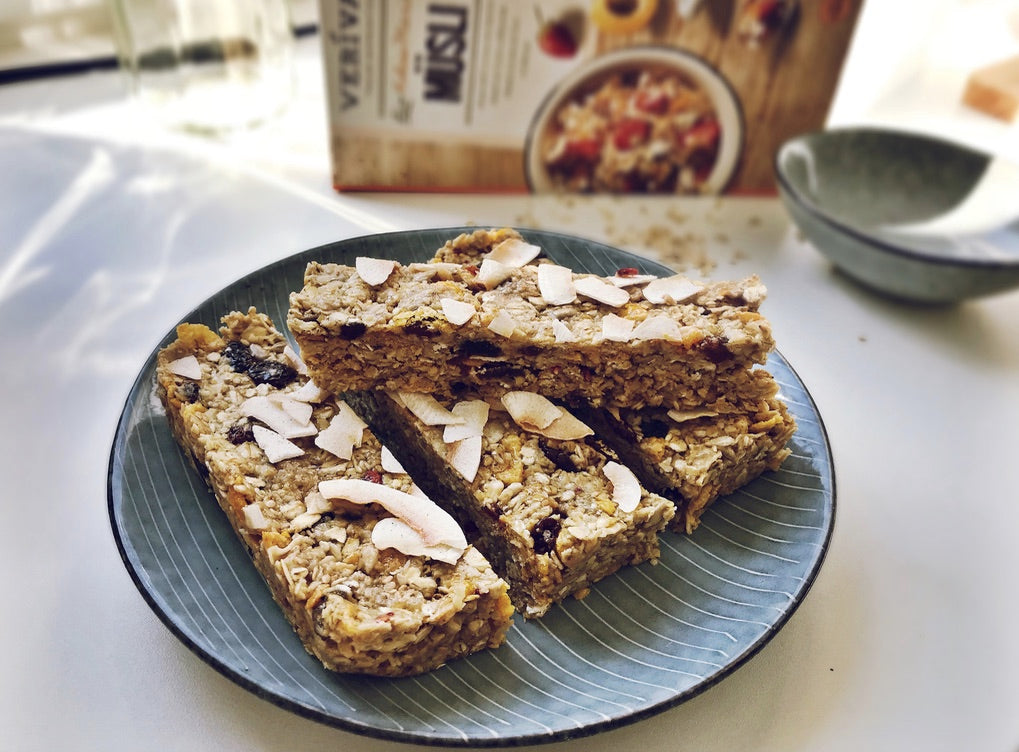
Recommended articles







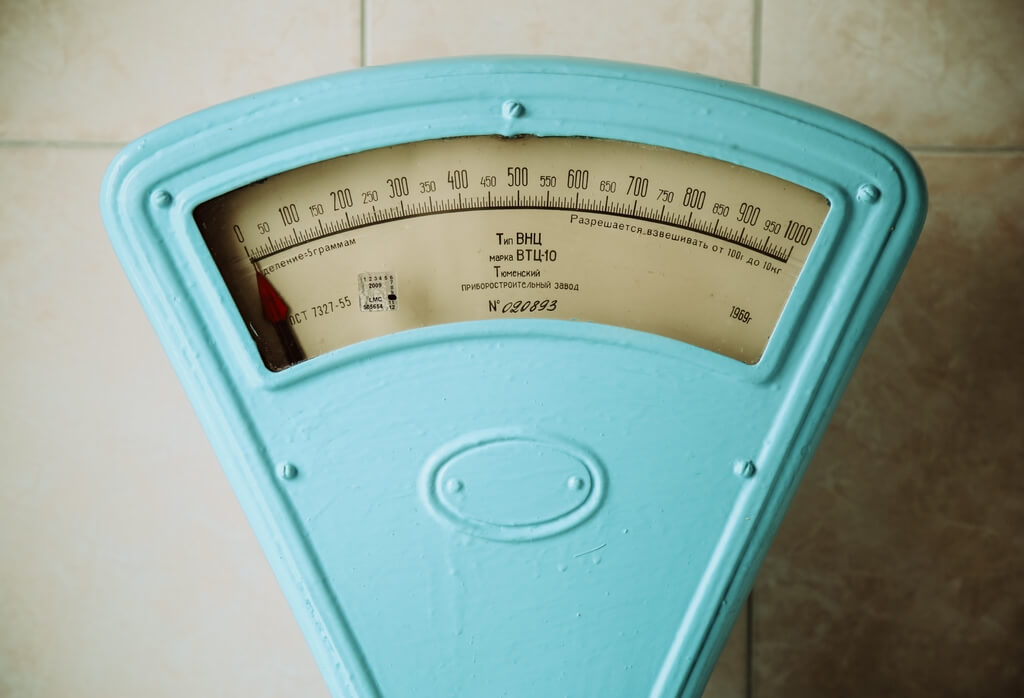
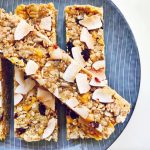
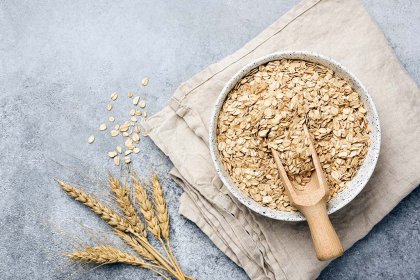
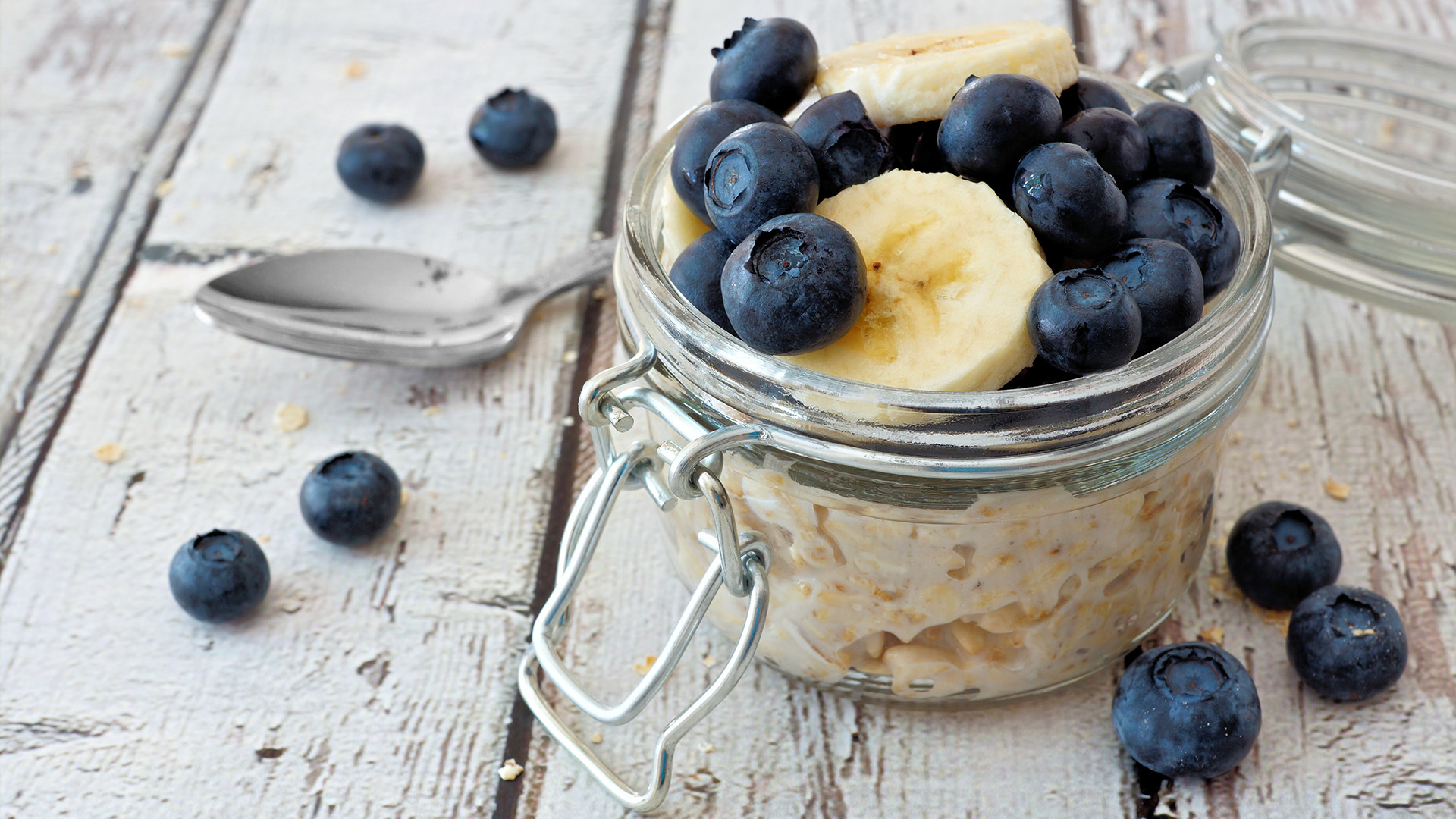
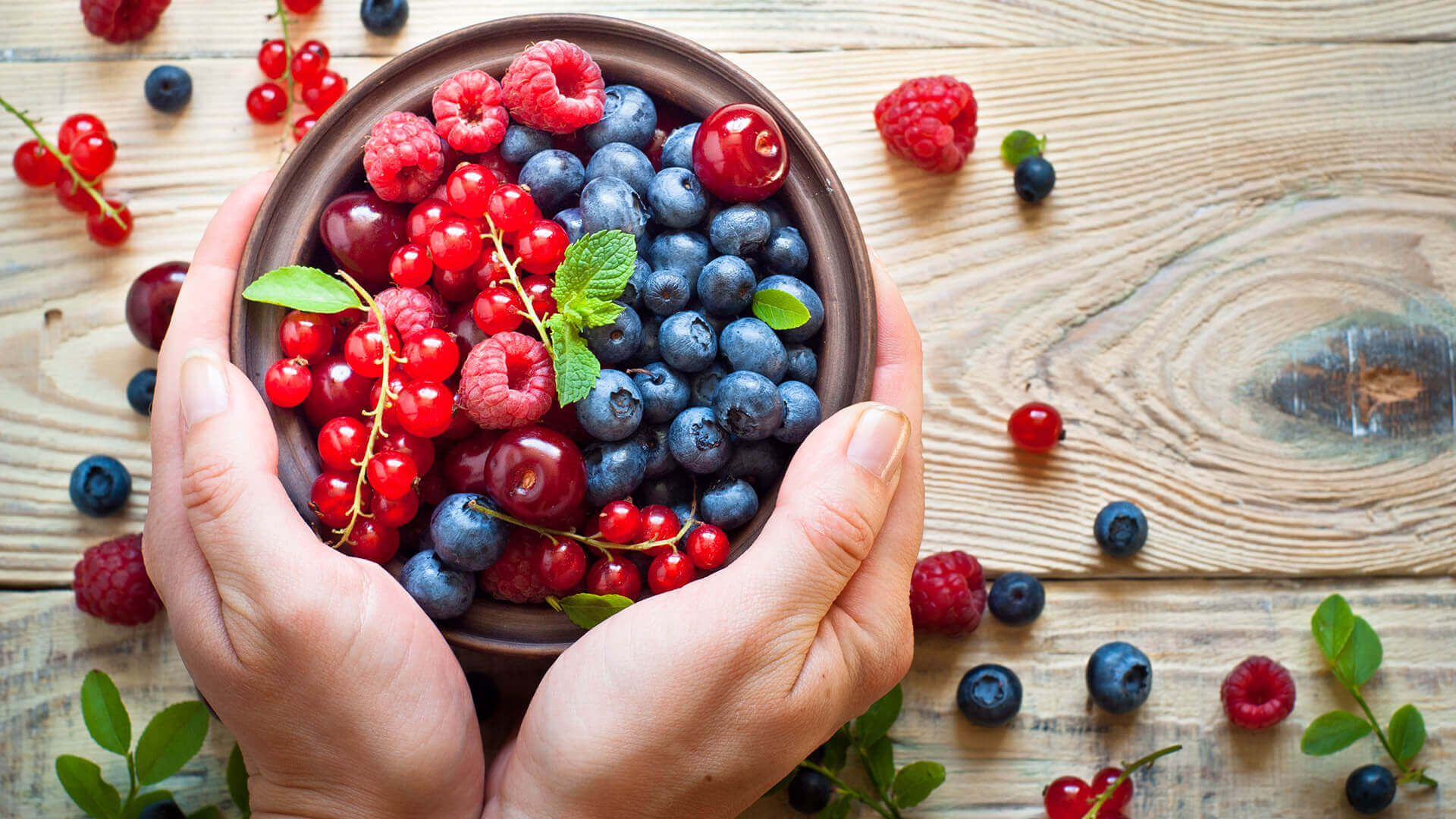
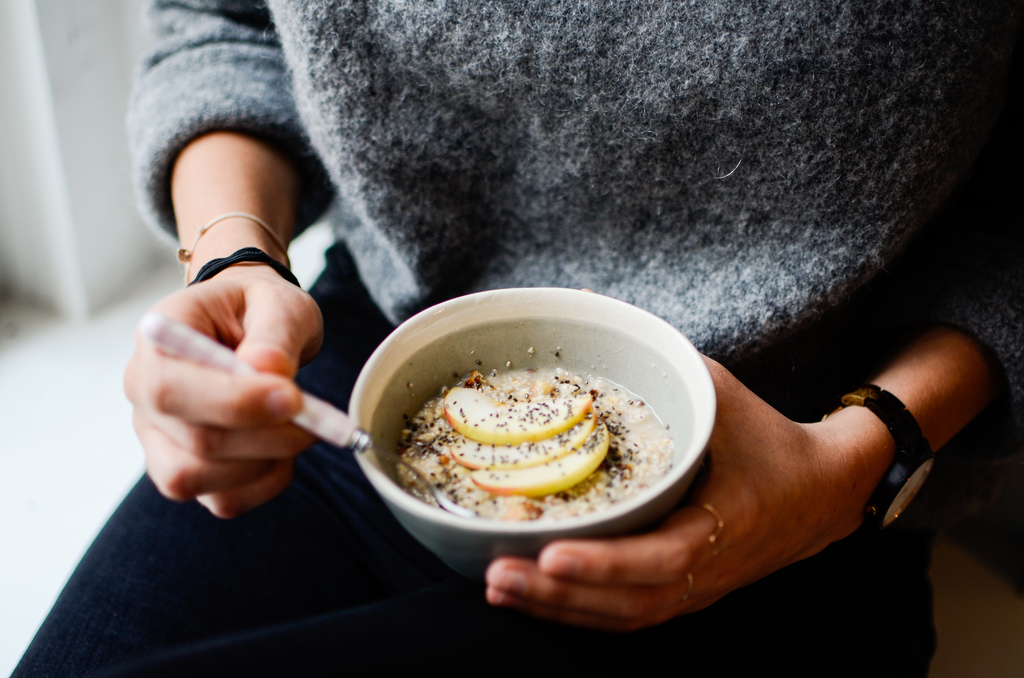

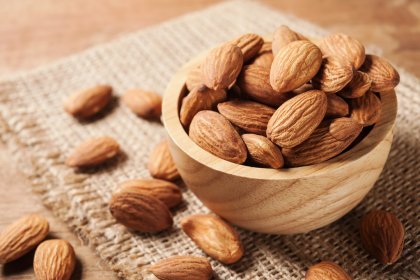

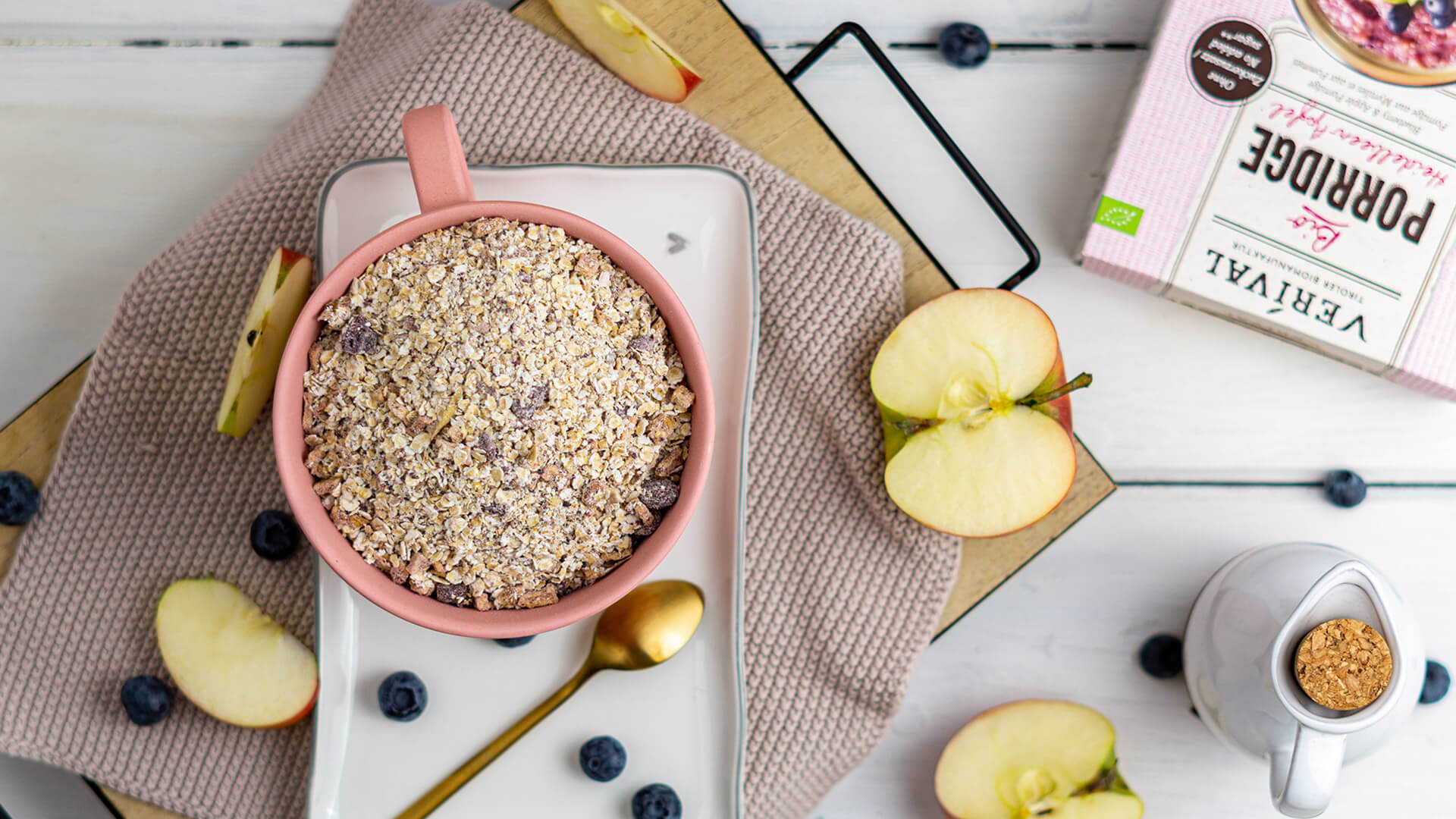
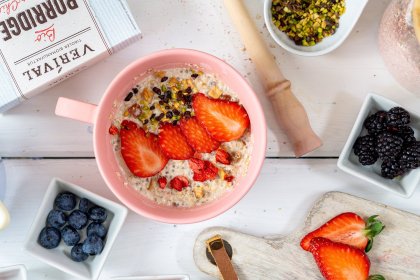
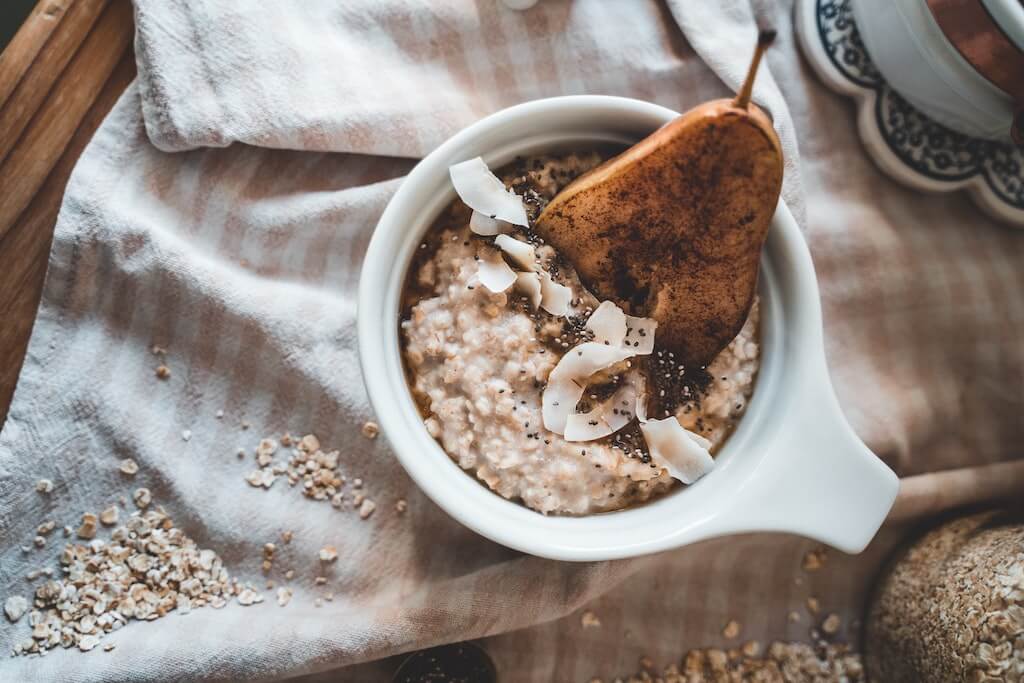
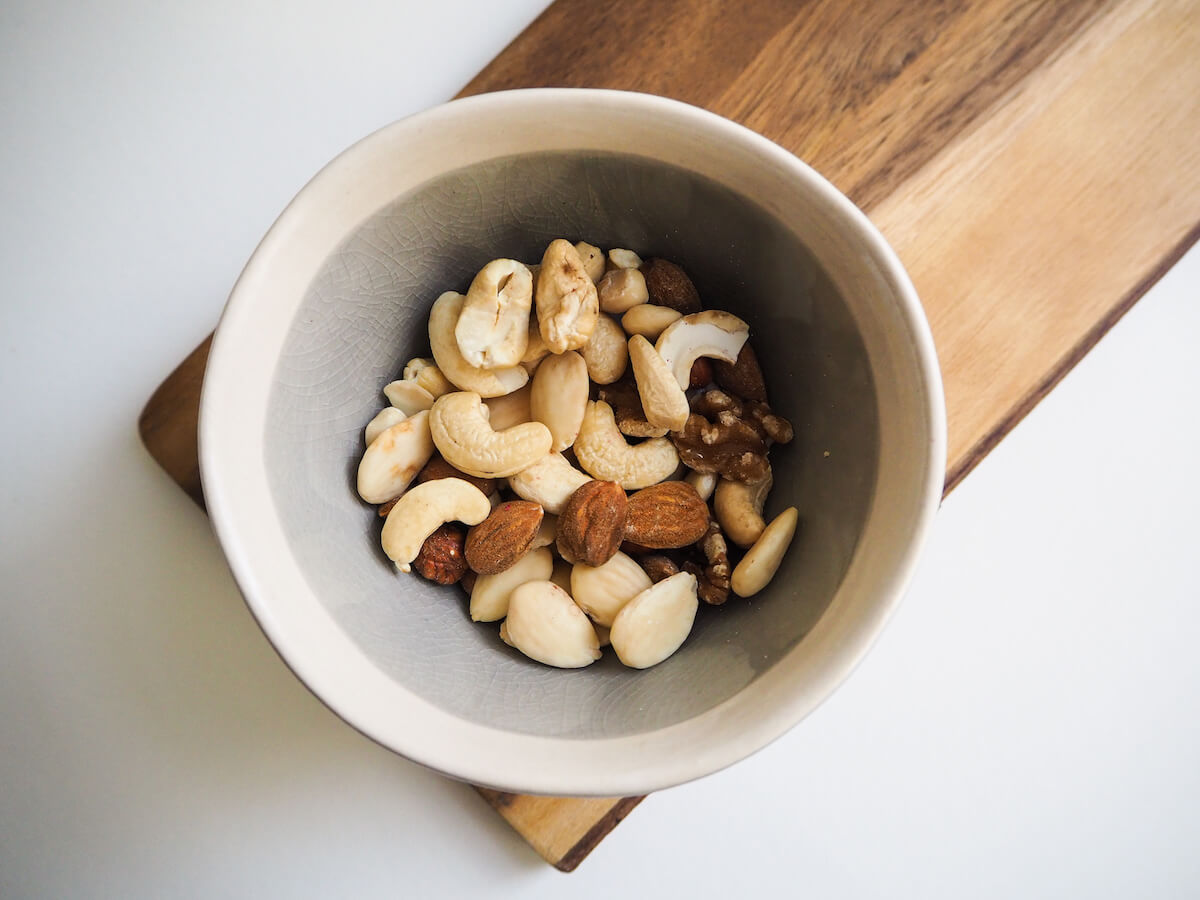

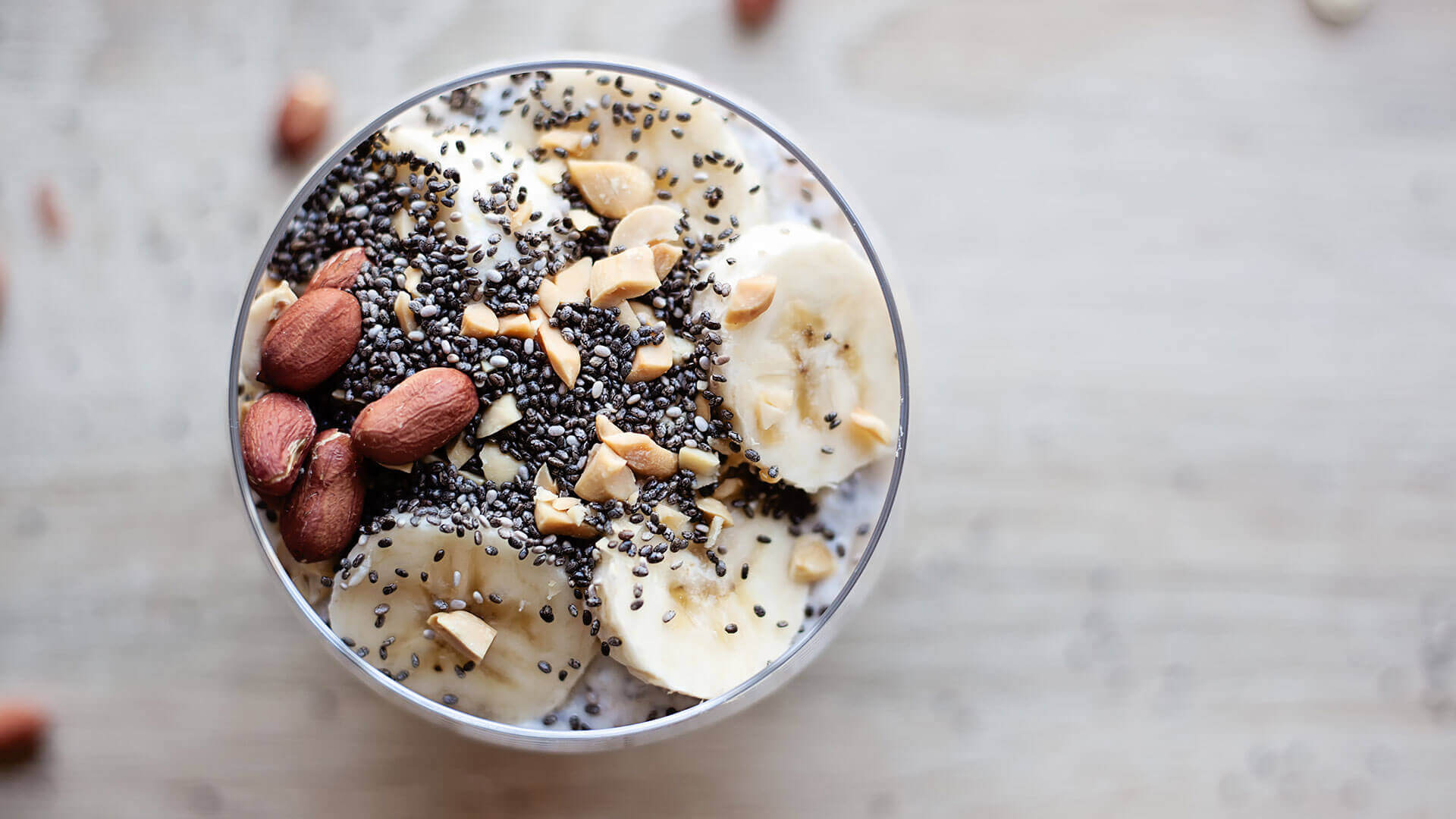

Do you like this post? Share it with friends: